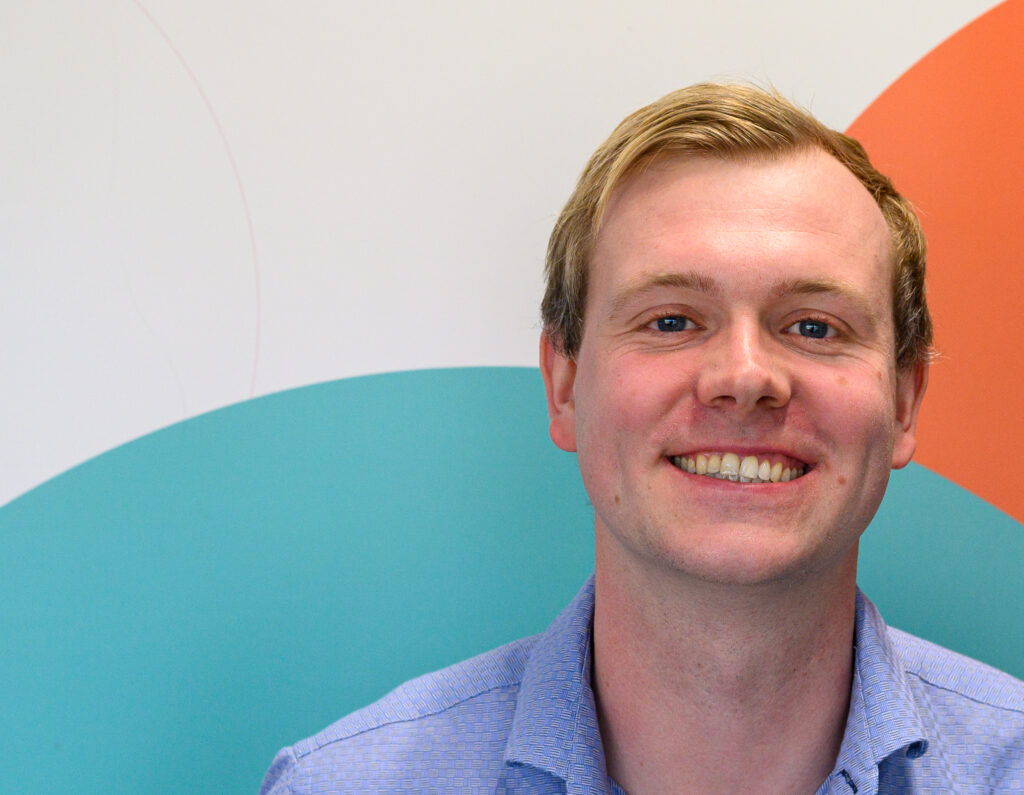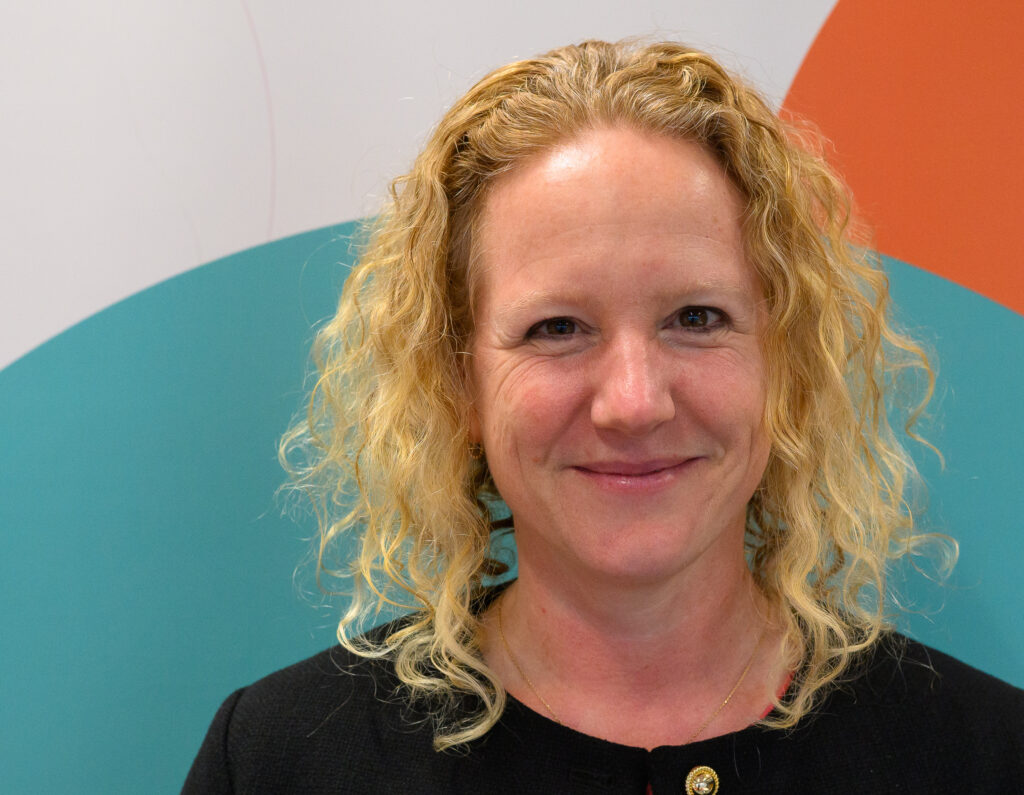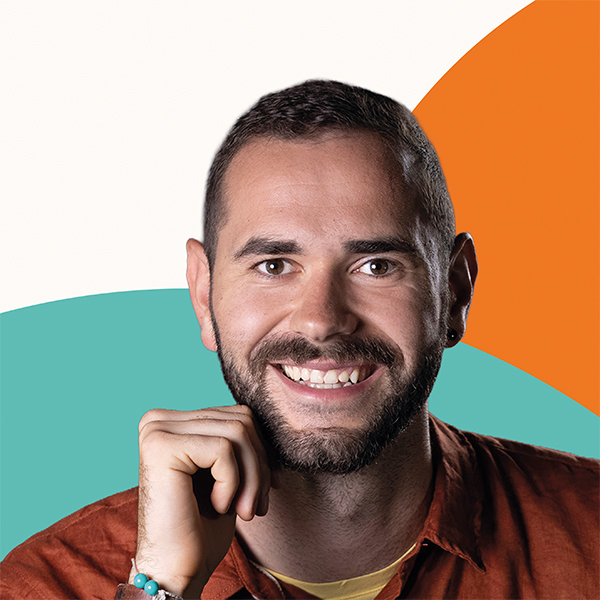Persons
Edith van Ewijk
I have work experience in mutual learning, multi-stakeholder partnerships, sustainability transitions and governance. Currently, I work as an action researcher at the NWO project “Stepping Out”, which is centered on stepping out of disciplines by professionals to integrate perspectives with other professionals through joint learning.
I have been working inside and outside academia as well as in the interface of science and practice.
Stepping Out: Accelerating deep transdisciplinary and interprofessional learning for innovative actions, interventions and strategies of deep sustainable transitions in port area development (Transitions and Behavior call NWO).
Therefore, the research project fits the IDG ‘Perspective Skills’ well. Related IDGs are ‘Collaboration Skills’ and ‘Openness and Learning mindset’. As one of the activities, Stepping Out aims at informing curriculum development so that lasting change can be affected through the education of next-generation practitioners. The programme focuses initially on the project partners of Stepping Out: TU Delft, UvA and Hogeschool Rotterdam, and will extend this to other partners.
The Shared Problem Definition tool I created, draws on action research carried out in the framework of the NWO research project Stepping Out, and specifically on:
- The ‘Leergang Systeem Innovatie’: a course on system innovation for professionals of the municipality of Amsterdam, Waternet (a water management organization) and Liander (an energy network organization). The course is based on Reflexive Interactive Design (RIO) (Bos & Grin, 2012)* and set up by Prof. John Grin (UvA) in collaboration with Edith van Ewijk (UvA/ TU-Delft), Joeri Naus (UvA) the municipality of Amsterdam and Peter de Roode (independent organization expert)
- Action research in the redevelopment of Haven-Stad, Amsterdam.
I would like to thank Prof. John Grin, Dr Michaela Hordijk (UvA), Prof. Paul Chan (TU Delft), all organisers and participants of the ‘Leergang Systeem Innovatie‘ and members of the kerngroep Integraal GebiedsPlan Haven-Stad for their trust, collaboration, information and inspiration.
* Bos, A. P., & Grin, J. (2012). Reflexive interactive design as an instrument for dual track governance. In M. Barbier, & B. E. Elzen (Eds.), System innovations, knowledge regimes, and design practices towards transitions for sustainable agriculture (pp. 132–153). INRA https://edepot.wur.nl/242654


 We do not live in isolation — our lives are intertwined with one another and the ecosystems we inhabit. By cultivating attentiveness and presence, we can move beyond intellectual understanding of the world toward a fuller experience of being in it. This sense of interconnectedness is at the heart of my work as a teacher educator. I aim to inspire teachers and students to notice this connection and let it shape how they learn and teach.
We do not live in isolation — our lives are intertwined with one another and the ecosystems we inhabit. By cultivating attentiveness and presence, we can move beyond intellectual understanding of the world toward a fuller experience of being in it. This sense of interconnectedness is at the heart of my work as a teacher educator. I aim to inspire teachers and students to notice this connection and let it shape how they learn and teach. 
